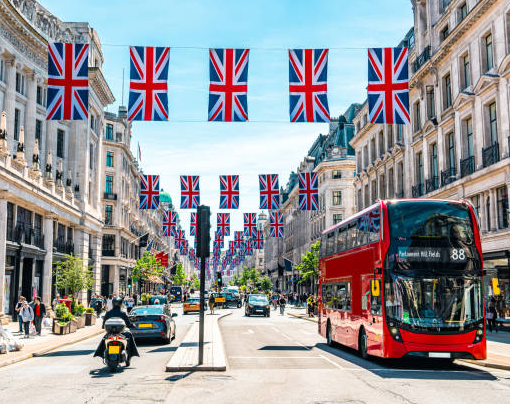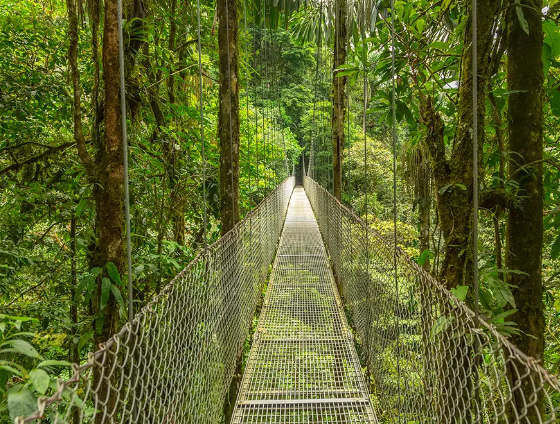
Complete Guide to Hot Springs and Arkansas History
September 5, 2024
The Best Time to Visit Norway for the Northern Lights, Fjord Cruises and More
September 9, 2024Tensions are rising as Maui residents, tourism stakeholders and officials grapple with economic recovery from devastating fires with concerns about tourism’s impact on communities. On Thursday, August 8, “while addressing community concerns about ensuring the economic well-being of Maui and the state,” Governor Josh Green emphasized the importance of travel and declared that while tourists should not travel to West Maui until further notice,”the rest of Maui is safe.”
“Of course, the rest of the state is also safe.” The Governor’s Office and the Hawaii Tourism Authority issued an emergency announcement on August 8 banning all non-essential travel to West Maui for at least the remainder of August. “But we hope that when people travel to the state, they don’t compromise the hard work done by these remarkable people (to support disaster recovery),” the governor said.
Businesses: Desperate to Avoid “Covid 2.0”
According to NBC News, state tourism officials say the wildfires on Maui have caused the loss of as many as 10,000 jobs. According to the Hawaii Department of Commerce, Economic Development, and Tourism, airlines’ passenger numbers fell by 80% last week compared to the same period last year, during the recovery of the pandemic. Visitor spending losses are estimated at more than $100 million per day, and Moody’s estimates the total economic cost of wildfires will be an “astronomical amount” of $70 billion, akin to a “brief but severe local economic downturn.”
That has alarmed business owners in a community that relies heavily on tourism — the specter of the recent coronavirus-induced shutdown hanging over their heads — who say quickly welcoming tourists back is the only way to recover.

Grieving Residents:”Let Maui heal”
Even though many residents understand the overall economic importance of tourism revenue, as well as their livelihood in working in hotels, restaurants, and other businesses that serve tourists, they are grieving personal losses and, in many cases, have difficulty returning to a state of pleasant reception of tourists. There are still friends and family members who are missing and have no safe home and life.
According to the Washington Post, one resident said, “It’s really hard to serve people Maitai when your family, friends, and everyone are suffering.” Some operators who have resumed businesses such as snorkeling tourism have been publicly humiliated on social media, with one resident saying it was “like a stab in the heart” to see tourists having fun.
“I think people should respect Hawaiians and Maui and give locals time to grieve without having to worry about interacting with additional tourists,” she added. “This is not Disneyland. This is our home. ”
Native Hawaiians: Maui Wildfire Devastation Will Lead to “Cultural Erasure”
And, according to CBC News, local community leaders are concerned that wildfire destruction could lead to cultural disappearance and gentrification through land speculation and development.
Uahikea Maile, assistant professor of Aboriginal politics in the Department of Political Science at the University of Toronto, linked the causes of the Maui fires to historical colonial exploitation as white-owned sugar cane plantations altered the island’s ecosystem.
The fire left many people homeless and destroyed the Nā ‘Aikāne o Maui Cultural Center, an important gathering place for Native Hawaiians. But Native communities see a bigger threat: Native Hawaiians are further displaced by opportunistic homebuyers.
Gov. Josh Green said the state will halt real estate sales in West Maui to deter predatory buyers, and activists are seeking ways for Native Hawaiians to assert traditional land rights. As discussed in Jim Byers’ Open Jaw article published Aug. 8, Hawaiians struggle to find the right balance to recover after the devastating Maui fire, and visitors must also grapple with their conscience over when and how to return to the island.



